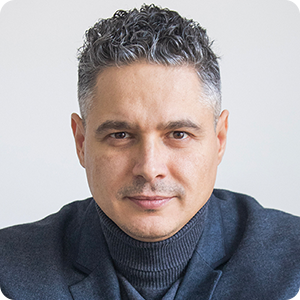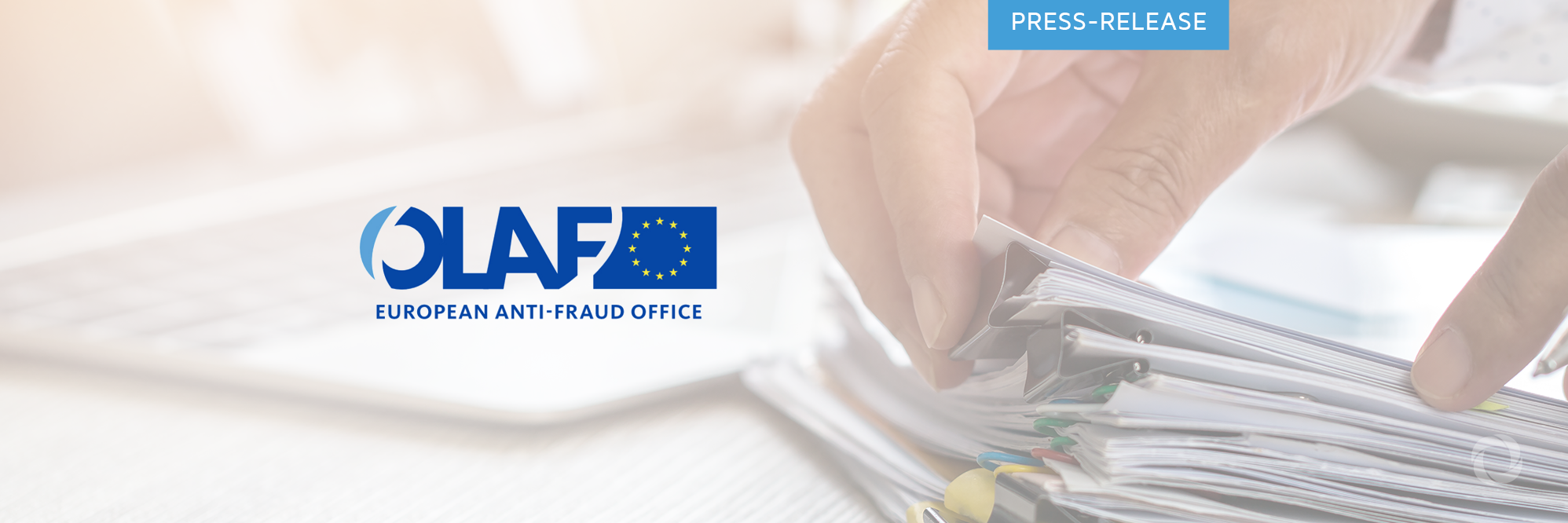Up to 250 investigations regarding fraud against the European Union’s budget, corruption, and other matters involving serious misconduct are initiated every year. As a result of the investigative work of the European Anti-Fraud Office (OLAF), unjustified expenditure is gradually returned to the EU budget, criminals face prosecution and better anti-fraud safeguards are established across Europe. OLAF’s investigations, its modus operandi, and outcomes were discussed in detail during the “How OLAF Investigates Fraud Against the EU Budget” webinar organized by DevelopmentAid.
The European Anti-Fraud Office receives almost 4,000 complaints a year concerning cases of fraud or misconduct related to the spending of EU funds. Almost 1,200 of these undergo the selection criteria which led to around 223 cases eventually being opened as investigations in 2019. Between 2010 and 2019, OLAF recommended the recovery of over €7 billion to the EU budget. The investigative process lasts on average 2.2 years depending on the complexity of the scheme and the willingness of witnesses and authorities to cooperate.

“Actually, right now we are becoming quite busy with some cases regarding the provision of medical equipment. The EU is spending a large amount of money to provide medical equipment to different countries, to deliver a variety of support, for example as humanitarian aid. These cases are emerging right now. We can see a lot of money will be deployed and I think there will be a lot of work to be done in the domain in future,” Michał Pesta confirmed, External Relations Coordinator at OLAF’s International Investigations and Operation Unit, confirmed.
OLAF is mainly a reactive investigative service. In order for it to be able to open an investigation, an organization/individual source must send needs OLAF the pertinent information about fraud or alleged irregularities that affect the EU’s budget. However, there are also cases when OLAF opens an investigation based, for example, on media reports. Michał Pesta explained the process that leads to the opening of an investigation, its phases, and OLAF’s investigative activities during the DevelopmentAid webinar.
During the webinar, it was stressed that, in accordance with Regulation 883/2013, the entities under investigation –those persons concerned – enjoy a number of procedural guarantees such as the right to be notified about an interview, the presence of a lawyer, the opportunity to comment on the facts established by OLAF in the framework of the investigation, etc. Moreover, following the revision of OLAF Regulation 883/2013, procedural guarantees for the people concerned were reinforced.
“After the facts have been established, OLAF includes these in the final report which, once the case is closed, is transmitted to the European services concerned with recommendations to recover unduly spent funds or take other types of action. For example, OLAF could recommend that one-third of the grant amount for a particular activity or the total budget needs to be recovered if it has been spent inappropriately. If OLAF discovers criminal activities, serious intentional misappropriation or fraud carried out by the beneficiary, the Office refers such information as a judicial recommendation to the judicial authorities of the EU Member State or, where appropriate, a third country authority for possible action,” the OLAF External Relations Coordinator explained.
OLAF closely monitors what happens as a result of a recommendation that the Office makes to ensure the matter reaches a satisfactory conclusion.

“I am sure that if you have been in the development sector long enough, you can name at least one company or individual consultant that has been blacklisted for fraud, corruption, collusive or coercive practice. OLAF delivers strong evidence regarding a committed fraud or other coercive action, potentially leading to debarring an organisation”, commented Sergiu Casu, Business Development Director at DevelopmentAid, who moderated the webinar with the OLAF guest.
The “How OLAF Investigates Fraud Against the EU Budget” webinar gathered participants from the DevelopmentAid community who were interested in finding out more specific information about OLAF’s expertise and what activities could lead to an organization being investigated.
Don’t hesitate to gain free access to the webinar by contacting us at membership@developmentaid.org. Stay tuned to the latest news and gain access to upcoming webinars on DevelopmentAid.

